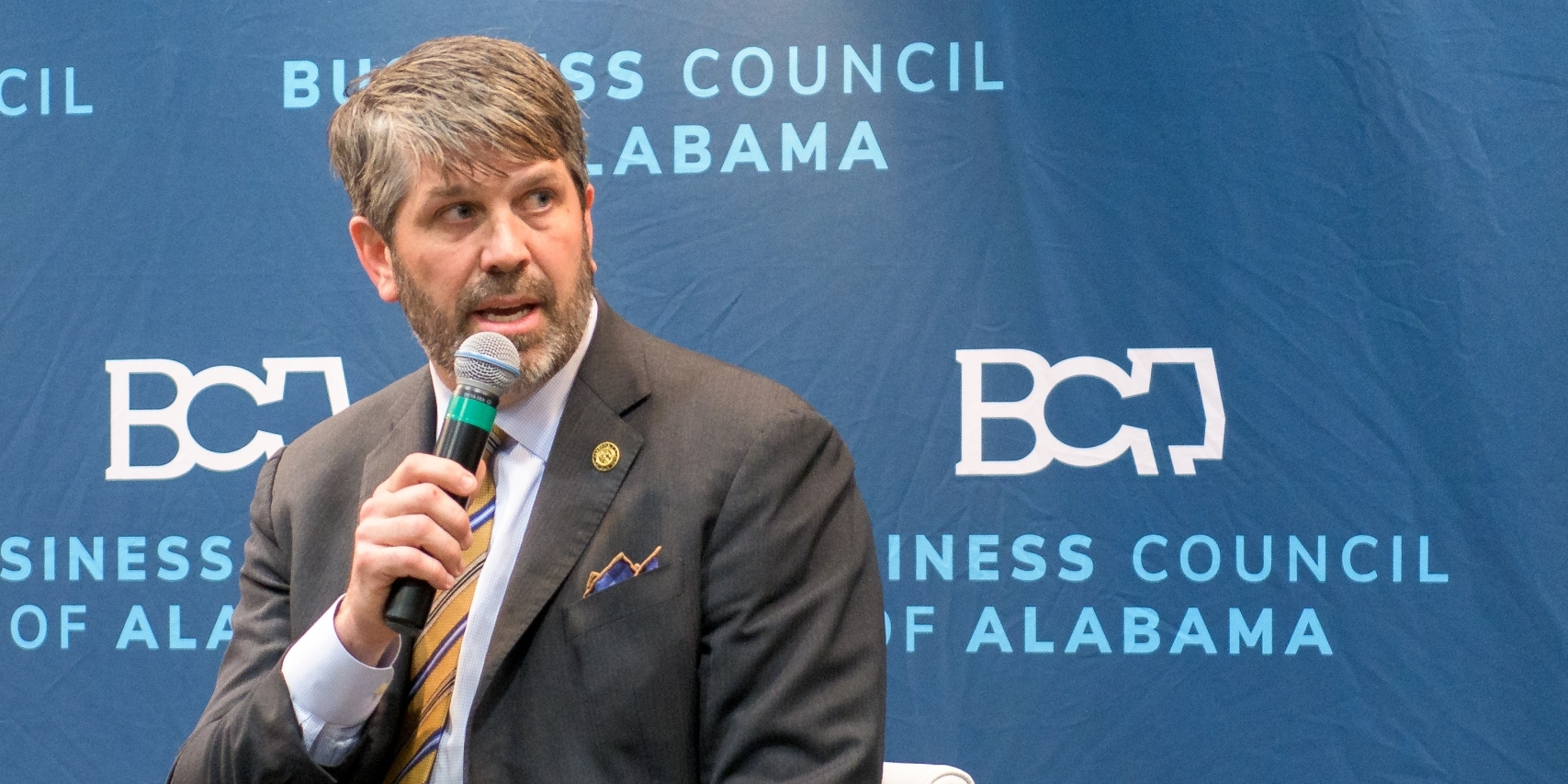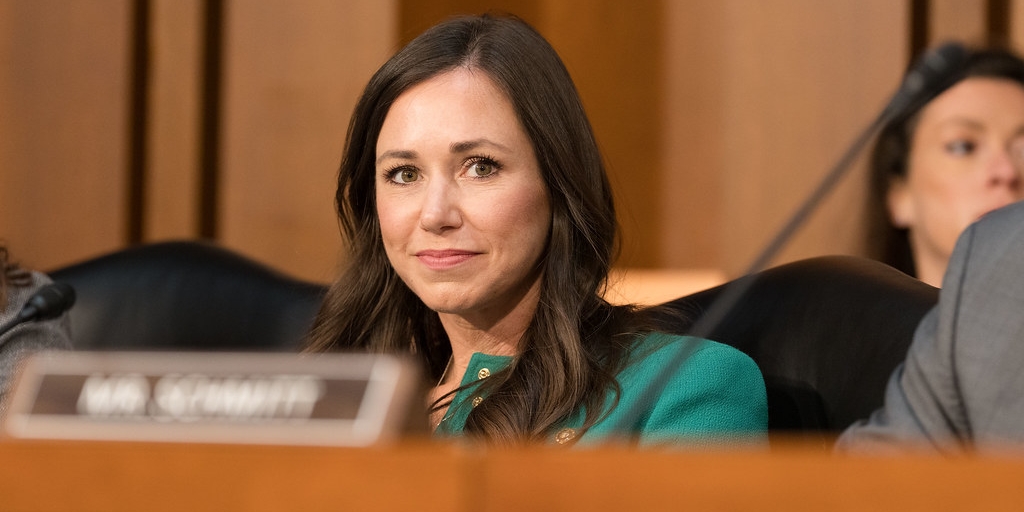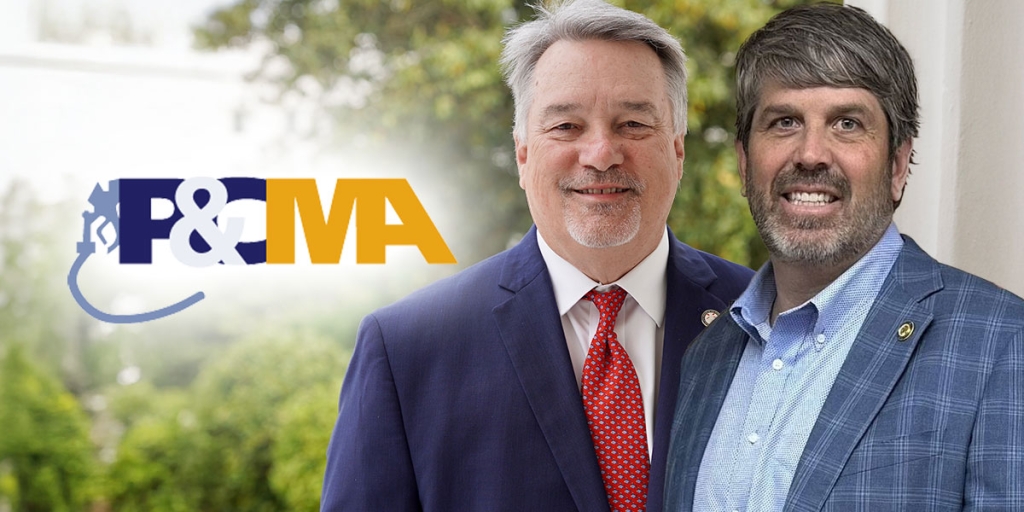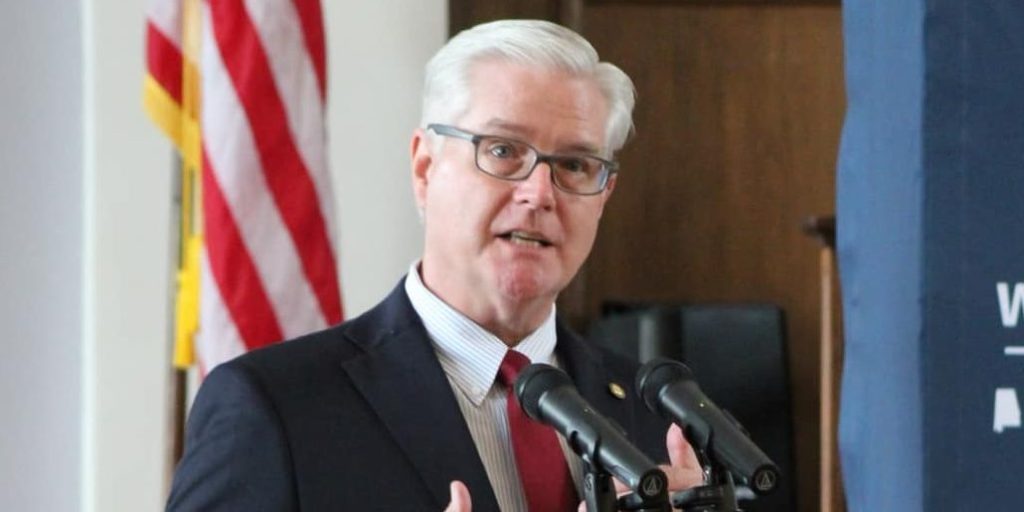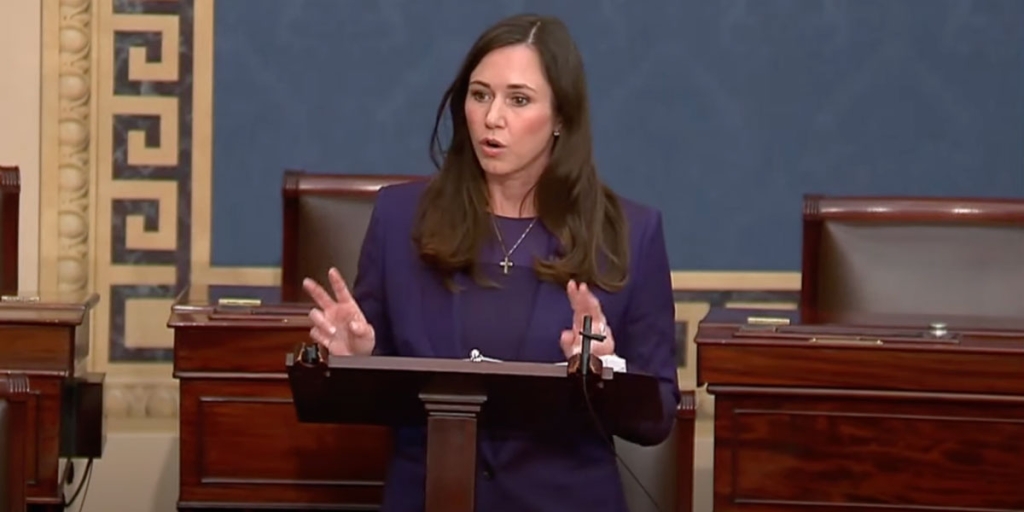Speaking to the Business Council of Alabama (BCA) on Tuesday morning, newly-elected Pro Tem of the Alabama Senate, Garlan Gudger (R-Cullman) addressed the importance of equipping all Alabamians with the necessary training to secure stable, high-paying jobs that align with the evolving demands of the 21st-century economy.
He detailed an overarching agenda focused on workforce development, small business support and infrastructure investment.
“My mission on workforce is pretty simple – that of every Alabamian should have enough training to make sure they have good, paying, long-lasting, 21st century jobs,” Gudger said. “That starts early with pre-K and there you go up to the career tech schools that we have and the regional workforce programs.”
Gudger stressed the need for a multi-faceted approach that integrates education, economic development, and legislative support. He highlighted efforts by the Economic Development Partnership of Alabama (EDPA) and the Alabama Department of Economic and Community Affairs (ADECA) in providing additional workforce training opportunities.
“The key for us is making sure that we have a workforce that is trained and ready for the technology jobs that are coming, And not only that, the jobs of handcrafting,” Gudger said. “Alabama’s jobs are evolving. So if we’re not staying up to date with that through legislation, we’re not doing our job. So I believe that there will be some bills that will be coming through,”
RELATED: State Sen. Gudger: Child care is the industry that keeps Alabama working – it’s time to invest in it
Gudger, a small business owner, also advocated for reducing government regulations and oversight to help businesses thrive. “”I think the best thing government can do is get out of the way,” Gudger explained. “ The less amount of taxes, the less amount of oversight, and the less amount that the government can be in the business – that allows me and other businesses to be freed up to help existing customers, add new customers, and be more efficient.”
In addition to workforce and business priorities, Gudger emphasized the critical need for continued infrastructure investment across Alabama as key to improving roads, energy production, and broadband access to support economic growth.
Drawing on his experience from a recent mission trip to Uganda, Gudger noted the importance of well-maintained infrastructure, noting that the lack of essential services such as roads, running water, and sewer systems in developing countries reinforces the importance of investing in Alabama’s infrastructure needs.
“If you’ve ever worried about paying your taxes and infrastructure, go to a third-world country,” Gudger said. “The roads aren’t there. The infrastructure is not there. Running water is not there. Obviously, sewage is not there. And it makes you change your mindset about infrastructure and investing in infrastructure and energy.”
Energy production is another major component of Alabama’s infrastructure strategy. Gudger highlighted the state’s abundant natural resources, including coal, natural gas, and newly discovered graphite deposits in Coosa County, which are critical for lithium battery production.
“When I say energy, that’s a huge umbrella, from electric to graphite found in Coosa County that goes into the lithium batteries.” “From that, you’ve got natural gas and fossil fuels. We have an abundance of coal, but as the Trump administration goes forward with releasing energy, we want to be on the forefront of that. We have an opportunity with the resources that we have in the state, to be able to be on the forefront and to make Alabama number one in the nation for our energy.”
Gudger outlined a three-part vision for sustaining Alabama’s economic growth: workforce development, land preparation, and energy investment.
“We have to have growth in all three to have a balanced life, and when you have all three of those, that is the best quality of life that Alabamians can have,” Gudger said.
As Alabama continues to attract new industries, Gudger emphasized the importance of balancing infrastructure growth across different sectors, ensuring that the rural and urban communities of Alabama like are prepared for the demands of a modern economy.
Grace Heim is a state and political reporter for Yellowhammer News. You can follow her on X @graceeheim or email her at [email protected].




